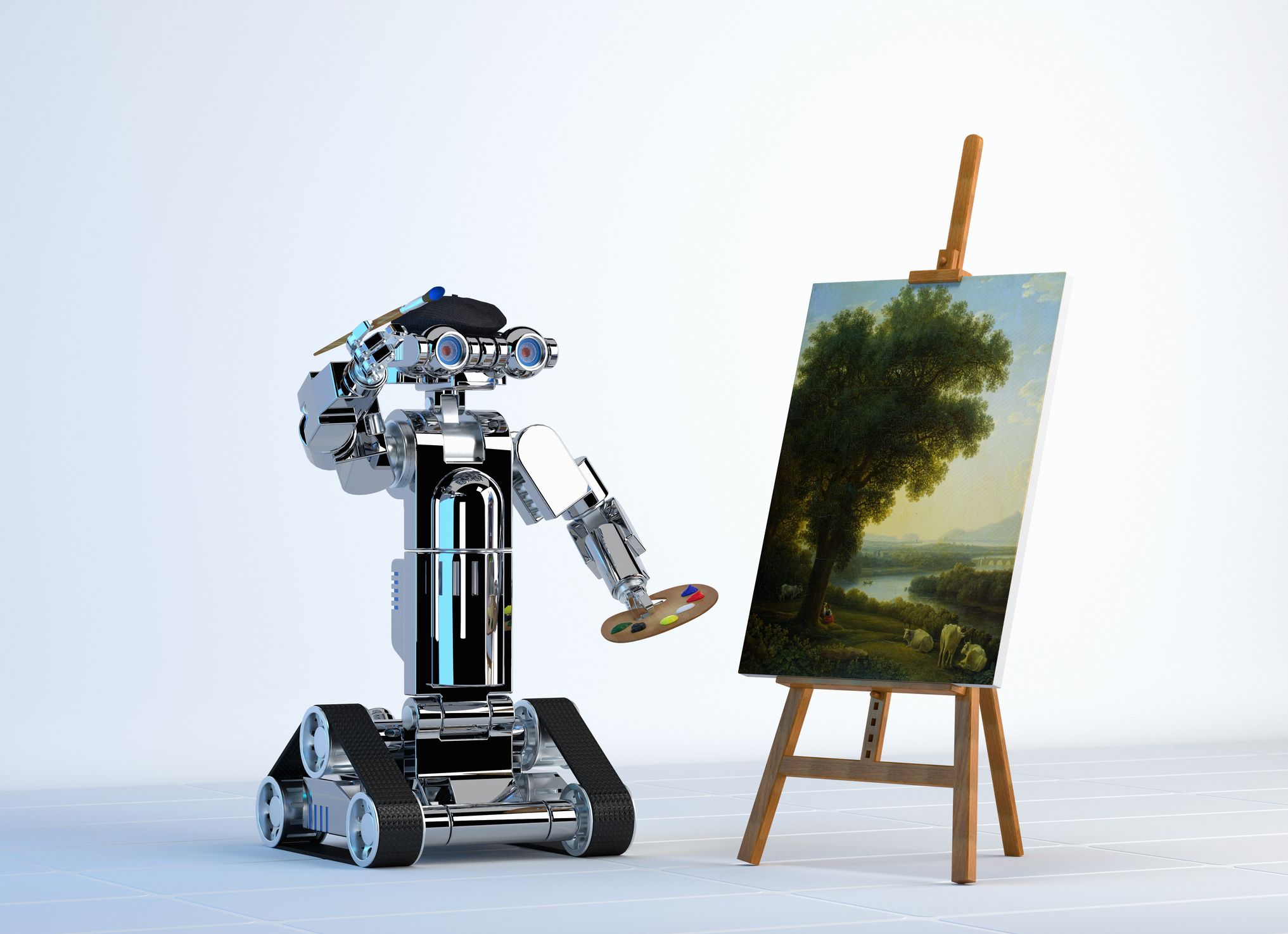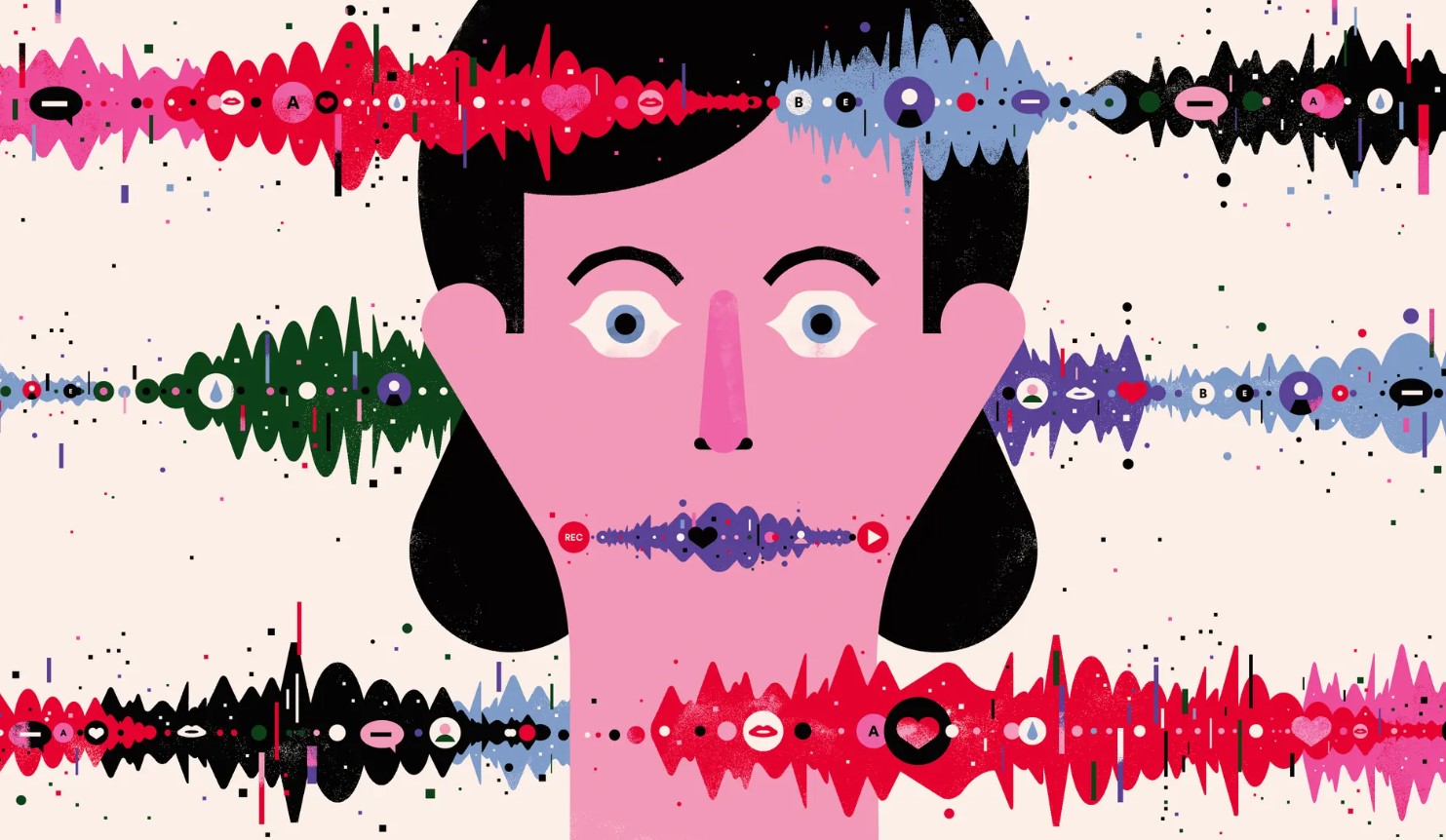A Vicious Cycle of Self-Deception. Why the Plastic Recycling Technology is the Problem but Not the Solution?
Recycling metals, paper, and glass helps protect the planet from environmental pollution and improves the quality of human life. But with plastic, it’s more complicated: there are thousands of types of this material, and each needs to be recycled in a specific way to avoid damaging the environment even more. So why is recycling plastic becoming an increasingly severe problem, and what should humanity do about it? Let’s find out in my new article.
We all support recycling technology because many things can be recycled safely, but unfortunately, not plastic. The recycling rate of plastic waste in the U.S. had reached a depressing level in 2021: about 5% (compared to 9.5% in 2014, when the U.S. exported millions of tons of plastic trash to China and considered it recycled). Overall, recycling can become an excellent method of restoring tangible natural resources. It is evidenced by the high recycling rate of paper in the U.S., which is as much as 68%. However, the plastic recycling problem lies not in its concept or process but in the material itself.
Problem One
There are thousands of types of plastic, and each has its composition and characteristics. They all contain different chemical additives and dyes that cannot be recycled together. For instance, polyethylene terephthalate (PET) bottles cannot be recycled together with PET containers because they are made of different PET materials. And green PET bottles cannot be recycled together with transparent PET bottles. That is why colored PET No. 1 bottles are banned in South Korea. High-density polyethylene (HDPE), polyvinyl chloride (PVC), low-density polyethylene (LDPE), polypropylene (PP), and polystyrene (PS) must also be separated for recycling. Eating out at a fast-food restaurant involves many types of disposable plastic: cups, lids, containers, trays, bags, and cutlery made of PET, LDPE, PP, and PS that cannot be recycled together. It is one of several reasons fast food plastics cannot legally be aimed to be recyclable in the United States.
Problem Two
Recycling plastic trash is associated with high risks. Plastic is highly flammable, so the risk of fires in recycling factories is exceptionally high. Unlike metal and glass, plastic products can contain toxic additives and absorb chemicals, usually collected in garbage cans for potentially hazardous materials. In addition, according to a report released by the Canadian government, the toxicity risks of recycled plastic prevent the vast majority of plastic products from being recycled into food packaging. Recycled plastic is more costly than new plastic because collecting, sorting, transporting, and recycling plastic waste is very expensive. Yet, for years the plastic industry has promoted the recycling myth. This advertising campaign is reminiscent of the tobacco industry’s attempts to convince nicotine consumers that cigarettes with a filter are healthier than cigarettes without a filter. Traditional mechanical recycling (shredding and remelting plastic waste) has been around for decades. Now the industry is advertising the benefits of chemical recycling, which decomposes plastic garbage with high temperatures or more chemicals, turning it into low-quality fossil fuels. In 2018, Dow Chemical claimed that a chemical recycling plant in Salt Lake City was able to recycle mixed plastic waste and turn it into diesel fuel. However, Reuters revealed in its 2021 investigation that all types of plastic waste contaminate the pyrolysis process. Today, mixed plastic waste is burned in cement kilns, causing a greenhouse effect. However, this does not stop the plastics industry from claiming that chemical recycling is productive for “mixed plastics.” Chemical recycling is not feasible since toxic emissions can damage the environment, climate, and health of both humans and animals.
Conclusion
But don’t despair. We need facts for individuals and politicians to take concrete actions. Proven solutions to plastic waste and pollution problems already exist in the U.S. and can be quickly implemented worldwide. Such solutions include banning single-use plastic bags and non-recyclable disposable plastic utensils in the food service industry and installing school dishwashing equipment. If the plastic industry follows the tobacco industry’s footsteps, it will never admit to the failure of recycling. While we can’t stop them from cheating us, we can pass effective laws to make progress. For example, banning single-use plastic reduces waste, saves taxpayers money on recycling and cleanup, and decreases environmental pollution. Consumers can pressure companies to stop flooding store shelves with single-use plastic products by purchasing reusable or recyclable products. We, in turn, should continue to recycle paper, cartons, jars, and glass because it’s genuinely practical. Don’t give up and start with yourselves. Together, we can save the planet from the horrible pollution by non-recyclable plastic.
For premium readers







